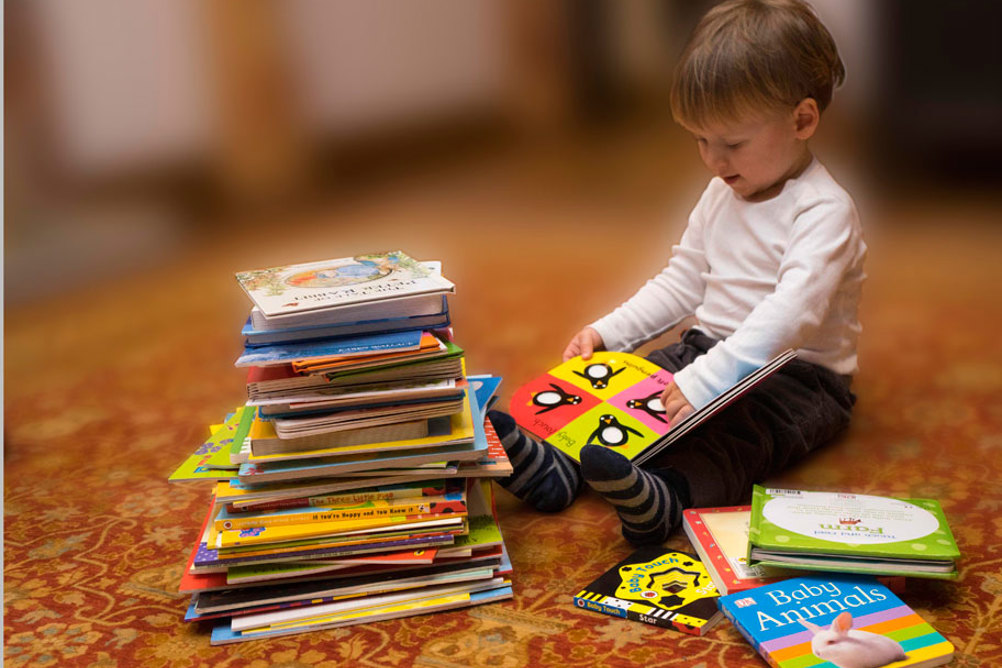
Speaking at a Westminster Education Forum event, Michael Freeston, director of quality improvement at the Pre-school Learning Alliance, said the underlying theme appeared to be ‘a change from children as active agents in their own learning to more as recipients of what is presented to them'.
He added that the ELGs, which are used to measure children’s progress at the end of Reception, had too narrow a focus on reading books at the expense of maths, overall communication and creativity.
Communication and language had been ‘downgraded’ to listening and speaking, he said, while it is ‘criminal’ that being imaginative was ‘reduced to performing'. 'That’s doing it for the audience - that’s not doing it for the child’s learning’ he said.
Register now to continue reading
Thank you for visiting Nursery World and making use of our archive of more than 35,000 expert features, subject guides, case studies and policy updates. Why not register today and enjoy the following great benefits:
What's included
-
Free access to 4 subscriber-only articles per month
-
Unlimited access to news and opinion
-
Email newsletter providing activity ideas, best practice and breaking news
Already have an account? Sign in here
